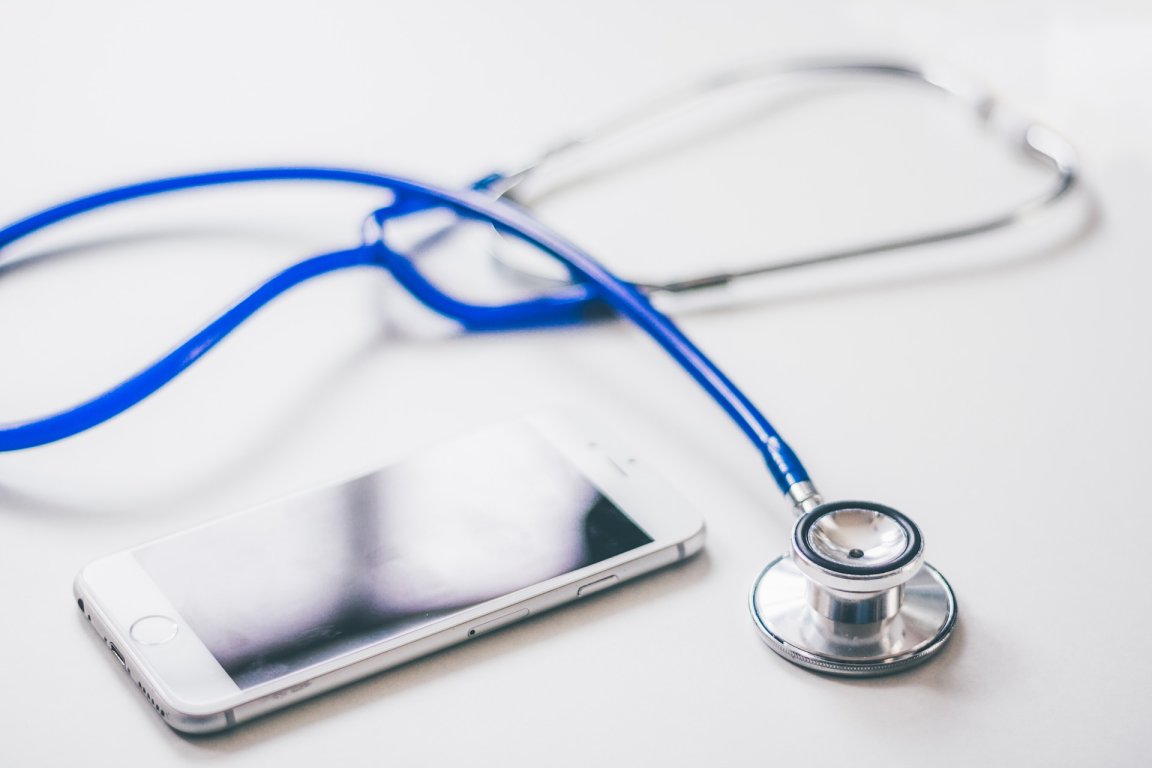
Doctors on Call
From life-saving medications to cutting-edge treatments, the healthcare industry thrives on constant innovation. However, according to one expert, the biggest recent breakthrough in healthcare isn’t a new vaccine, drug delivery system, or surgical procedure — it’s your mobile phone.
“Smartphones are affordable enough that almost anybody in the world can have access to one,” Ting Shih, CEO and founder of ClickMedix, tells Futurism. “This has really transformed healthcare.”

Today, two-thirds of the world’s population has a mobile connection, and thanks to the growing mobile health (mHealth) industry — a blanket term for the apps, services, and devices found at the intersection of medicine and mobile technology — those people are using their phones to manage their health in ever more innovative ways.
“With mobile smartphones, you can do so much more than just have an enhanced conversation,” explains Shih. “You can connect with wearables. You can collect data as never before. We can actually get to the next level of healthcare delivery.”
Paging Dr. Google
Today, the first thing many of us do when we feel under the weather is pull out our smartphones to Google our symptoms. “With the internet, there’s a huge exponential uptake into healthcare access,” claims Shih. “Anyone can now surf the internet for health information.”
The practice of turning to the internet for health information has become so common, in fact, that about one percent of all Google searches are now related to diagnosing health problems — those millions of queries were enough to compel Google to boost their symptom-searching capabilities last year. These searches can lead to government-run health portals, such as the U.S. Department of Health and Human Service’s NIH.gov, or to one of the thousands of privately owned niche sites spanning the web.
While this wealth of information can be useful, Shih is quick to note that a Google search should be viewed as more of a jumping-off point than a stand-in for healthcare: “Just because you searched it on Google doesn’t mean it replaces your doctor, who has gone to medical school and actually practices medicine.”
Of course, the benefits of mHealth for patients extend far beyond symptom searches online.
We now have iPhone-compatible hearing implants, depression-combating chatbots that communicate via Facebook Messenger, and smartphone add-ons that produce instant ultrasounds. Programmers have created apps that can test fertility, screen children for autism, detect anemia, and so much more.
Even Google is determined to go further than simply acting as a conduit to health information, investing in an mHealth startup that transforms smartphones into diagnostic tools.
Doctors are benefiting from the mHealth revolution as well. Smartphones and tablets have made it easier for healthcare providers to efficiently manage their time, maintain and access patient records, and receive continuous training. They have thousands of journals and studies at their fingertips, and this increased access to crucial information ultimately improves patient care.
Deadly Lack of Access
Perhaps the most important way the mHealth industry is affecting healthcare, however, is by simply making it available.
“Mobile phones give access to people who would never have any access to healthcare,” asserts Shih. “We have come really far, really fast, and not just in the past 10 years — this has been an exponential acceleration in the past three years or so.”

According to a 2015 report from the World Health Organization, more than 400 million people across the globe lack access to essential health services, such as immunizations, treatment for tuberculosis, or prenatal care, and that lack of access can be deadly.
“In the past, rural areas were really difficult to serve,” Shih recalls. “Doctors had to go to the rural areas, or the patients ended up becoming so sick that they were transported through helicopters. The alternative was that they literally just ended up dying.”
Thankfully, even just one person with a mobile device can benefit an entire community, a fact proven by Shih’s own company.
Since launching 2010, ClickMedix has helped hundreds of thousands of people in more than a dozen nations access necessary healthcare. The platform can be used to train on-site healthcare personnel, provide people in remote areas with access to specialists, record patient data, and more. One point person in a community with a phone can distribute the information to the rest, facilitating the decimation of knowledge or care.

MHealth is already a $23 billion industry, and experts predict we’ve barely begun to tap its potential — by 2022, that figure could grow to more than $102 billion. “We have more technology than we can imagine in terms of improving healthcare access, and we will have even more in the future,” predicts Shih.
As the mHealth industry grows, the number of people who could potentially benefit from the improved healthcare that comes along with it will also increase, which is why it’s more important than ever that efforts to ensure worldwide internet access move forward. All the mHealth technology in the world won’t be able to save lives unless the people who need that technology the most can take advantage of it.
This interview has been slightly edited for clarity and brevity.